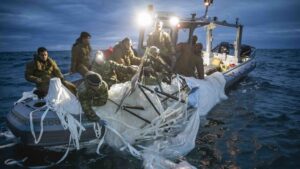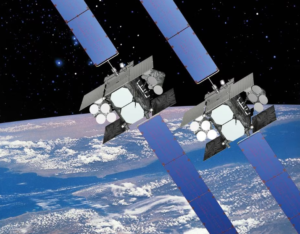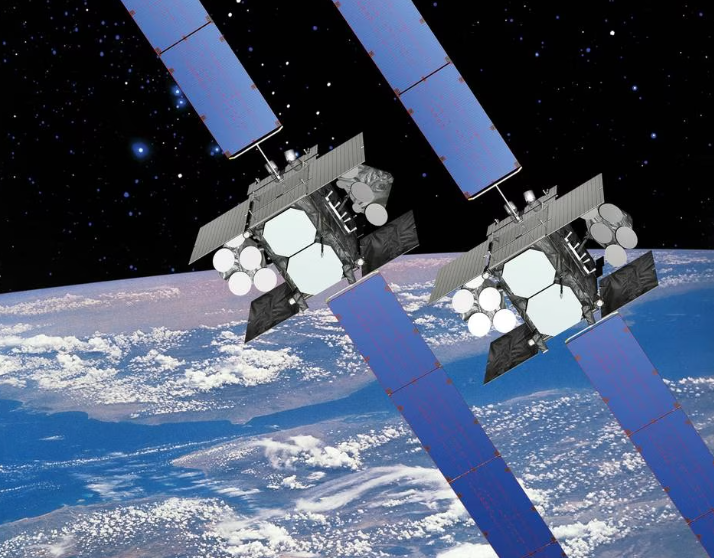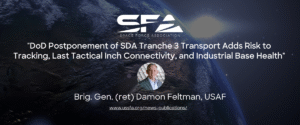By Rhonda Sheya, SFA Public Affairs
I recently sat down with Dr. Manjit Pope, one of the UK’s leading rocket scientists and UK Global Space Force Association President. Dr. Pope is one of several Space Force Association (SFA) members and international space organizations working to develop a World Space Organization (WSO) in order to address the need for collaboration between allies in the area of research and defense and to build and remain the dominant force in the space arena.

Dr. Pope is a future systems technologist leading major national transformational organizations and their programs spanning across aerospace, space, security, and defense to establish stronger partnering in and across government, industry, financial conglomerates, and academic institutes, leading the commercialization of international transformations in aerospace, space, and defense sectors.
She was the first and the youngest female systems engineer to work on the Eurofighter. As a leading space expert with a more than impressive background, she is a trailblazer and internationally respected for her work.
Protecting Against Future Threats
Our conversation centered on the Chinese spy balloon recently passing over several countries, including the United States, and what the US, UK, and our allies can do to protect against this threat and similar threats in the future? How will the formation of a World Space Organization help these efforts?
Dr. Pope stressed the importance of collective defense and coordinated response capability.
“Organizations such as the SFA and WSO help to build stronger partnerships, provide an environment of collaboration, and build relationships that are critical in sharing research and funding sources to support allied military and government efforts in joint surveillance, joint jamming, joint hardening, and joint diplomacy.”
Dr. Manjit Pope
Dr. Pope continued by stating, “pooling resources and sharing information the SFA and the World Space Organization can enhance the overall surveillance capabilities of Allied Members and provide a more comprehensive view of the space environment.”
Joint Diplomacy Critical To Success
Dr. Pope outlined several ways a World Space Organization can provide support through coordinated responses to any jamming efforts by China (or other adversarial countries), using collective capabilities to disrupt their signals and prevent the balloons from gathering information or transmitting data. Working together to harden critical space-based assets, such as satellites, and provide mutual support in protecting these assets against potential cyber-attacks or other forms of interference is another way the Wold Space Organization can help to eliminate threats.
Joint diplomacy is critical to the success of these operations. A World Space Organization can also engage in diplomatic efforts to address the threat posed by adversary activities. This may include negotiating agreements to establish norms of behavior in space or engaging in direct talks with China and other nations to address specific concerns.

According to Dr. Pope, “It is important to note that while a World Space Organization can provide a coordinated response to threats, it is only one part of a comprehensive approach to ensuring the security and stability of space. Other measures SFA’s International team are leading, such as combining defense and commercial capabilities and diplomatic efforts, will also play important roles.”
Note: These threats were a key item of discussion at the international security conference in Munich being attended by European leaders including UK’s Prime Minister Rishi Sunak.










